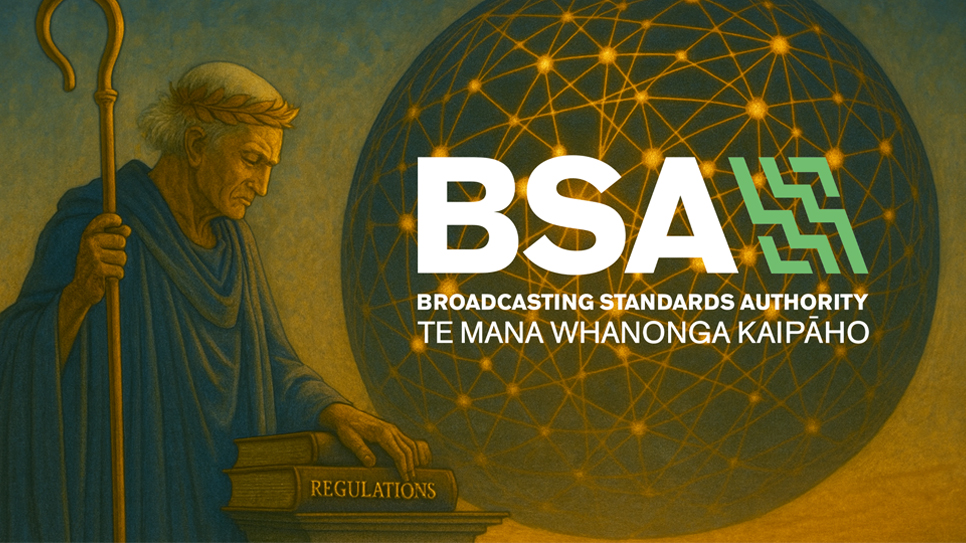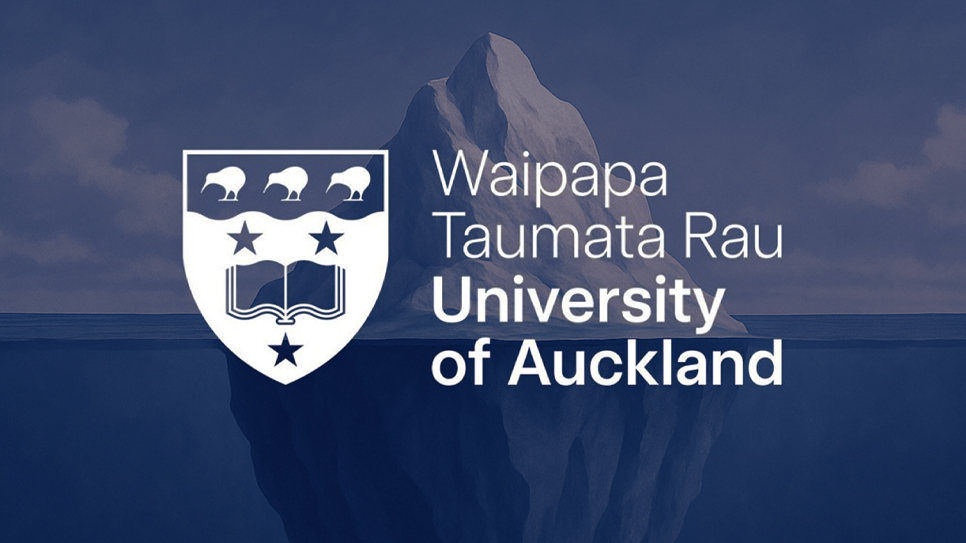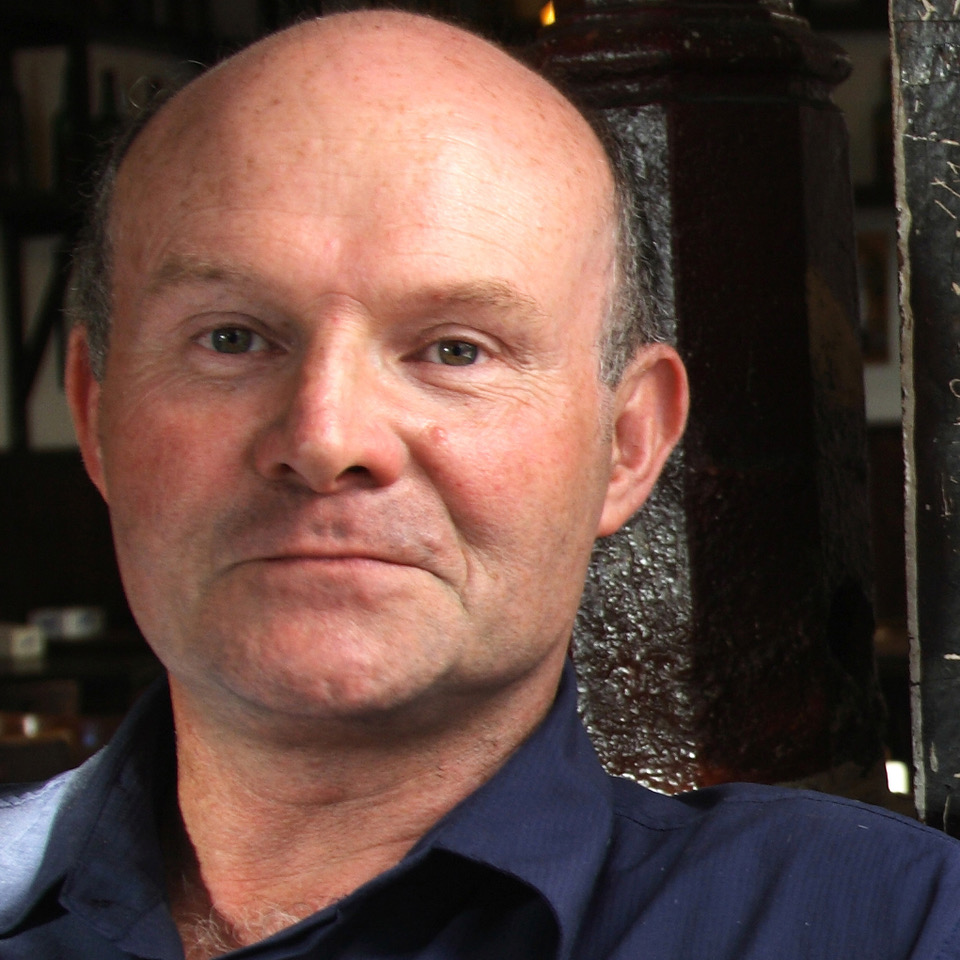MORE opinion

Councillor Refuses To Kowtow To Marae Protocol
February 2nd, 2026

Maorification Is National’s Achilles heel
October 31st, 2025

A DIFFERENT KIND OF RIGHTS
October 30th, 2025

Our Whipsaw Democracy.
October 28th, 2025

Manipulative teachers must get back in the classroom and back unflagging minister
October 23rd, 2025

POOR GOLDSMUCK
October 17th, 2025

The Broadcasting Standards Authority and Jurisdiction
October 17th, 2025

HELEN CLARK’S LEFTIE LANDSCAPING
October 9th, 2025

Kids need to memorize tables, basic facts and spelling, not karakia and waiata
October 7th, 2025

Compulsory Treaty courses tip of the iceberg
October 6th, 2025
Your Opinion Matters
Open.
Tolerant.
Free.

Stanford’s sly Treaty move backfires
National on back foot over Education bill.
Missed out on this content?
No worries. Join Platform Plus to get unlimited access to all The Platform content.
For just $30 per month you won't have to miss out again!
JOIN NOW